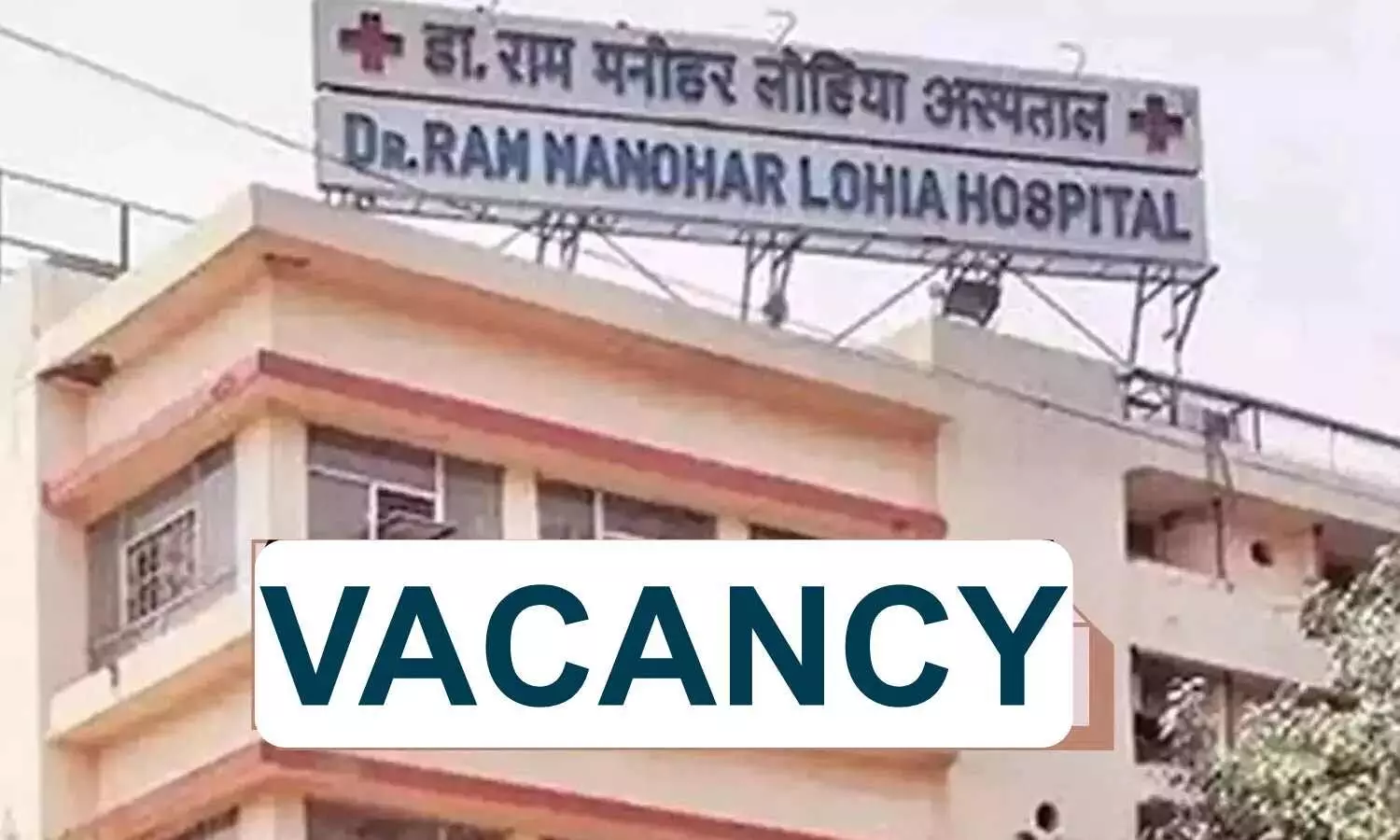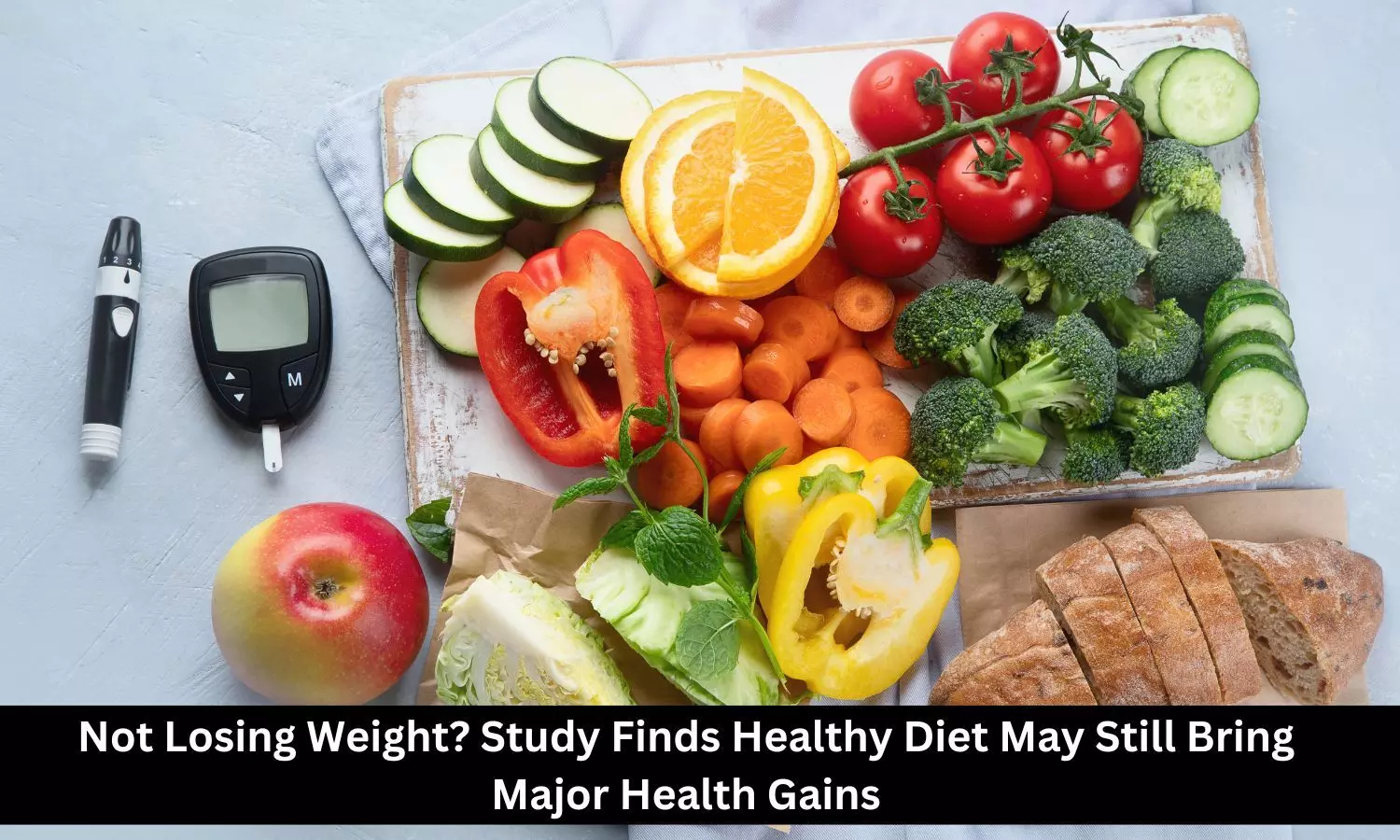Health – Demerara Waves Online News- Guyana
New survey reveals 80% of Caribbean’s HIV service organizations face severe disruptions
4 months 2 weeks ago
finance, Health, News, aids, Caribbean, funding pause, hiv, HIV service organizations, U.S. Government
Why singing is good for your brain, even if you are no Beyoncé - The Washington Post
- Why singing is good for your brain, even if you are no Beyoncé The Washington Post
- Music as therapy Jamaica Gleaner
- Music In Healing: Glen Ward On The Launch Of Rhythm & Relief Forbes
- Health Benefits of Music The Central Virginian
- Why you should sing more — even if it’s off key Yahoo
4 months 2 weeks ago
Harvard doctor reveals 6 everyday foods that may cause cancer, and what to eat instead - The Economic Times
- Harvard doctor reveals 6 everyday foods that may cause cancer, and what to eat instead The Economic Times
- Harvard gastroenterologist shares worst foods that could raise your cancer risk: Here’s what to avoid Hindustan Times
- Harvard doctor lists 6 cancer causing foods: What are their alternatives Times of India
- White packaged bread and similarly inflammatory foods linked to colon cancer risk diabetes.co.uk
4 months 2 weeks ago
Medical News, Health News Latest, Medical News Today - Medical Dialogues |
2nd year PG Radiology medico commits suicide at Ruby Hall Clinic hostel
4 months 2 weeks ago
State News,News,Health news,Maharashtra,Hospital & Diagnostics,Doctor News,Latest Health News,Notifications,Recent Health News
1 in 5 COVID survivors still have symptoms 3 years after severe infection, analysis estimates - CIDRAP
- 1 in 5 COVID survivors still have symptoms 3 years after severe infection, analysis estimates CIDRAP
- Hidden challenges of long COVID for the workplace News-Medical
- COVID issues persist after case ends The Daily Item
- Podcast: Living with long COVID The Spec
- Long-term outcomes of patients with a pre-existing neurological condition after SARS-CoV-2 infection World Federation of Neurology
4 months 2 weeks ago
Metsera’s Amylin Drug Looks Good in Phase 1, Shows Potential to be a Once-Monthly Obesity Med
4 months 2 weeks ago
BioPharma, Pharma, amylin, Clinical Trials, GLP-1 drugs, metabolic disorder, Metsera
5 symptoms of colon cancer that should not be ignored - Times of India
- 5 symptoms of colon cancer that should not be ignored Times of India
- Scientists celebrate bowel cancer breakthrough in bid to tackle surge in young people The Independent
- Loss of colonic fidelity enables multilineage plasticity and metastasis Nature
- British scientists make 'pivotal' breakthrough in fight against bowel cancer - as cases soar in under 50s Daily Mail
- The stellar mission taking on cellular plasticity in bowel cancer Cancer Research UK - Cancer News
4 months 2 weeks ago
Medical News, Health News Latest, Medical News Today - Medical Dialogues |
A new smartphone-sized device can test for tuberculosis reveals research
4 months 2 weeks ago
ENT,Pediatrics and Neonatology,Pulmonology,ENT News,Pediatrics and Neonatology News,Pulmonology News,Top Medical News,Latest Medical News
Medical News, Health News Latest, Medical News Today - Medical Dialogues |
PANDOME Study Supports Pancreatic Cancer Screening in Diabetics Over 50
4 months 3 weeks ago
Diabetes and Endocrinology,Gastroenterology,Oncology,Diabetes and Endocrinology News,Gastroenterology News,Oncology News,Top Medical News,Latest Medical News
Help for Álaia: Family members ask for platelet donors at CEDIMAT
4 months 3 weeks ago
Health, Local
Medical News, Health News Latest, Medical News Today - Medical Dialogues |
VACANCIES 2025: Assistant Professor Post At RML Hospital, Delhi Via Walk In Interview, Here's Details
4 months 3 weeks ago
Jobs,State News,News,Health news,Delhi,Medical Jobs,Hospital & Diagnostics,Doctor News,Latest Health News,Recent Health News
Medical News, Health News Latest, Medical News Today - Medical Dialogues |
Medical Bulletin 7/June/2025
4 months 3 weeks ago
MDTV,Channels - Medical Dialogues,Medical News Today MDTV,Medical News Today
Medical News, Health News Latest, Medical News Today - Medical Dialogues |
Not Losing Weight? Study Finds Healthy Diet May Still Bring Major Health Gains
4 months 3 weeks ago
Cardiology-CTVS,Diabetes and Endocrinology,Diet and Nutrition,Cardiology & CTVS News,Diabetes and Endocrinology News,Diet and Nutrition News,Top Medical News,Cardiology-CTVS Videos,Diabetes and Endocrinology Videos,Diet Nutrition Videos,MDTV,MD shorts MDT






